Arabic & Middle Eastern Program
Engaging with our Arabic speaking and Middle Eastern students and parents and carers

Arabic & Middle Eastern Program
Engaging with our Arabic speaking and Middle Eastern students and parents and carers
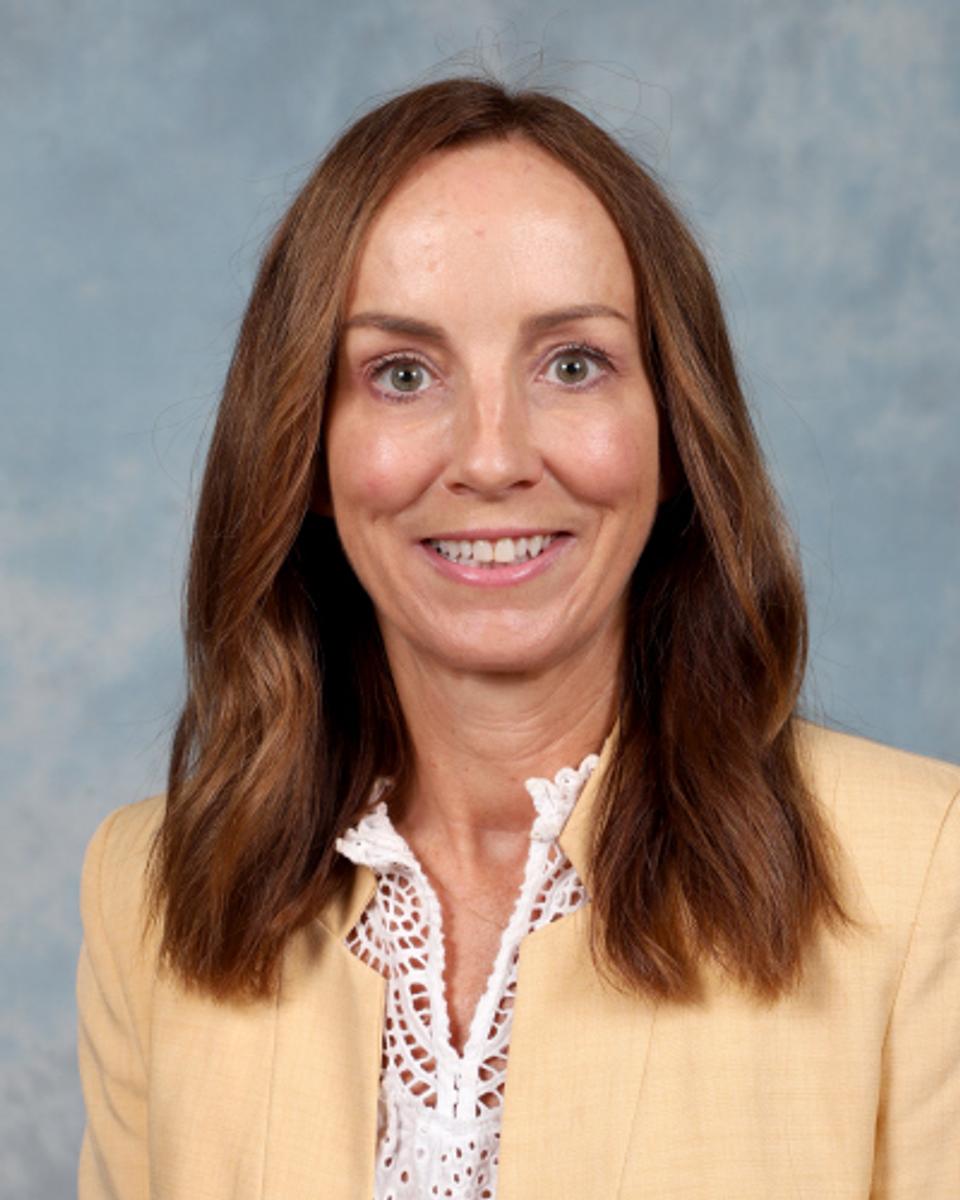

Claudia Johnson
Assistant Principal
BSC was thrilled this year to have been selected for Together for Humanity's Intercultural Understanding Partnerships Program (ICUP).
The school received $10,000 to put towards a project that addresses an intercultural challenge here at Brunswick Secondary College as well as consultation time with intercultural experts from Together For Humanity and partner organisation Jewish Christian Muslim Association of Australia (JCMA).


The challenge we identified was that our Arabic speaking and Middle Eastern students were attending school events at a lower rate, and needing engagement support at higher rates than their peers. We also found that the parents and carers of our Arabic speaking and Middle Eastern students attended school events at a lower rate than other parents and carers did.
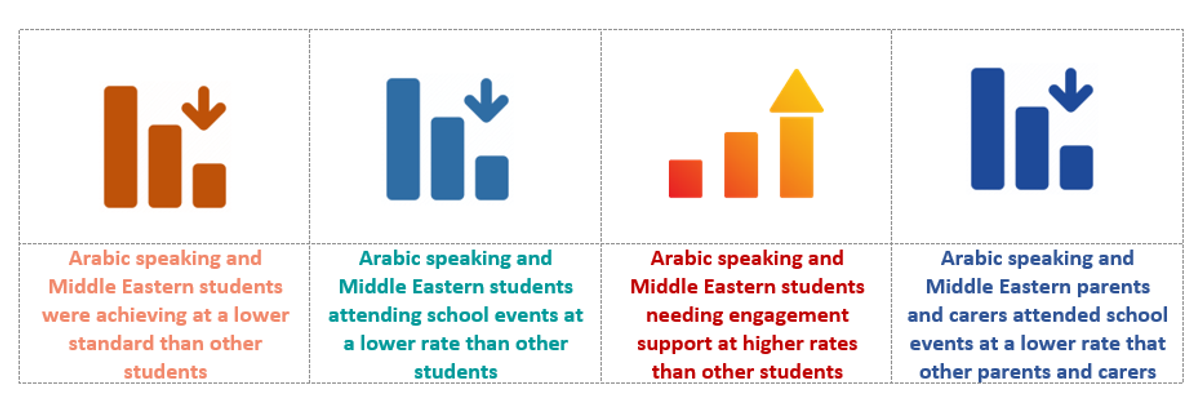

In our planning stages, working closely with the ICUP facilitator, we designed a series of projects we expect to improve the learning and wellbeing of our students, and help us build an even stronger, more cohesive school community
Ask students and families how we can create better connections and engagement with school.
We reached out to families on the phone and spoke with students in person.
We asked parents and carers, “
"What could we do to help create a stronger connection to the school?”
We asked students,
“What could we do to help you feel more engaged with the school and with learning?
This is what students and parents and carers told us.


Seek advice from experts
We consulted with Arabic Welfare and JCMA, and spoke informally with our Merribek networks at Merribek Youth Services and Hume-Merribek Principal Network to see what has worked at other schools and what could work at Brunswick Secondary College. We included Turkish students and families in our scope based on our school demographics.
Source presenters, social workers and translators
Arabic Welfare provided social workers, a cook, translators and a presenter on cultural sensitivity.
Invite our families and students to attend the programs
We called each family and spoke to each student as well as providing flyers and digital information.
Run the Programs!
Middle Eastern, Arabic, Turkish and North African parents and carers were invited to share a morning tea with the principal, assistant principals, wellbeing team, staff from multicultural backgrounds and two guests from Arabic Welfare on Monday 30 October at 9:30 am at the school.
A1 Bakery provided delicious treats for us all to share. We had opportunity to talk, laugh and get to know each other. We also had Emily from Arabic Welfare moderate and translate for a focus group on what the school to do to better connect families and engage students. Feedback was provided about:



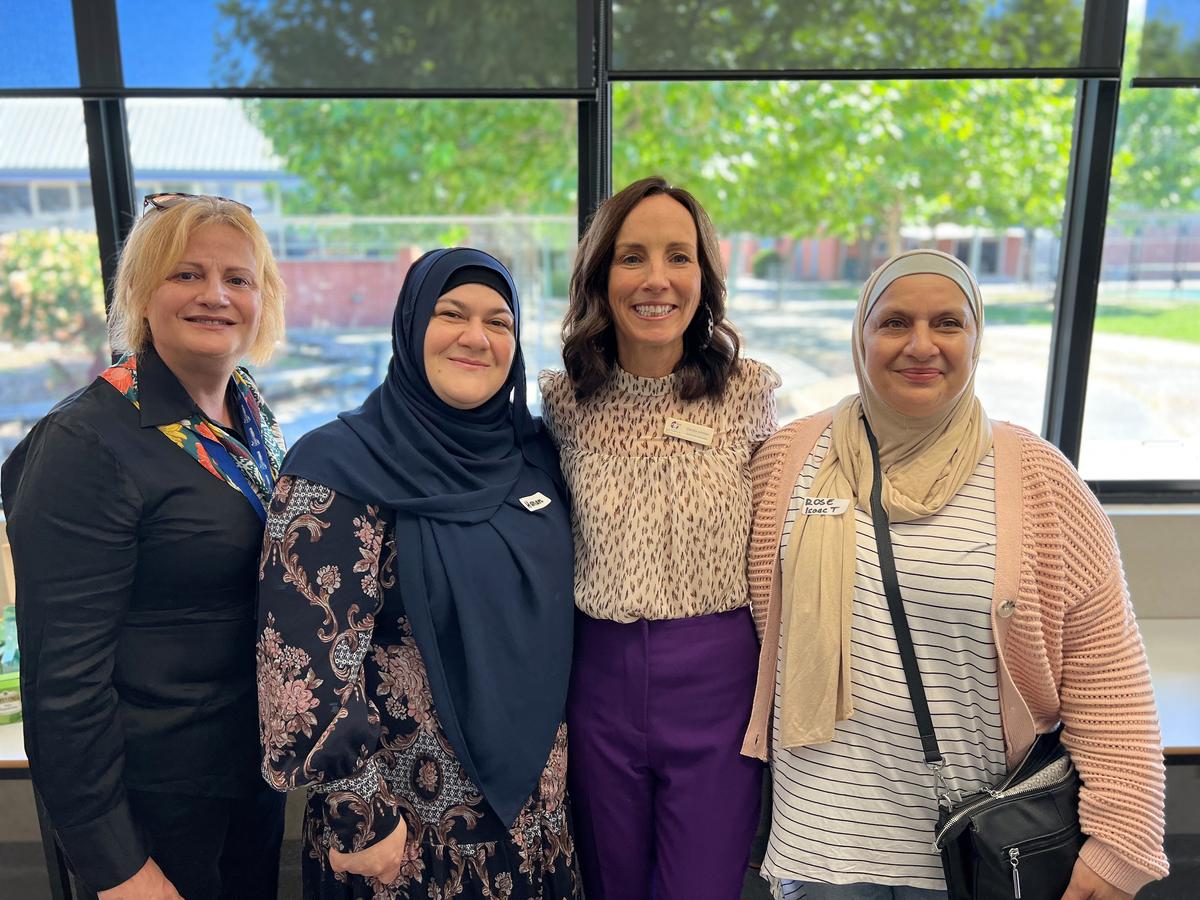
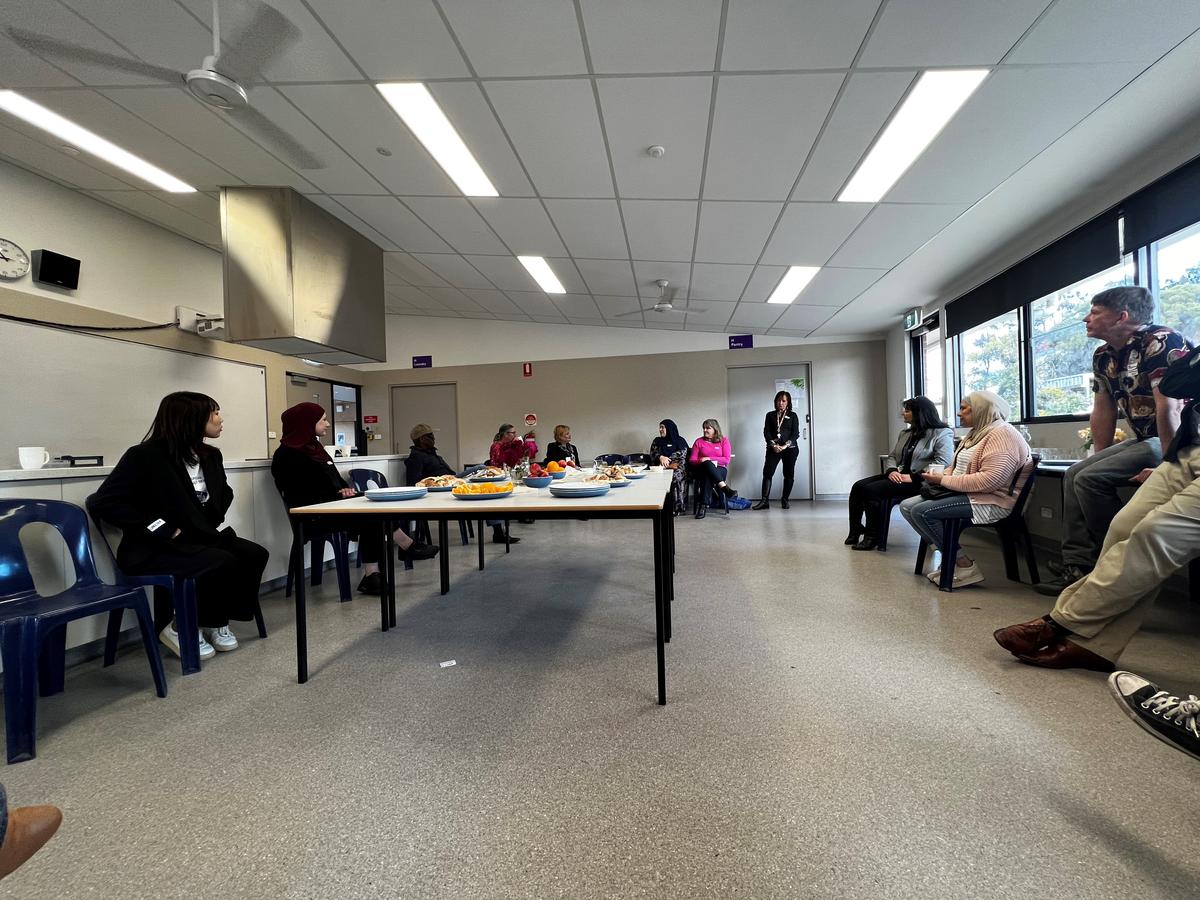
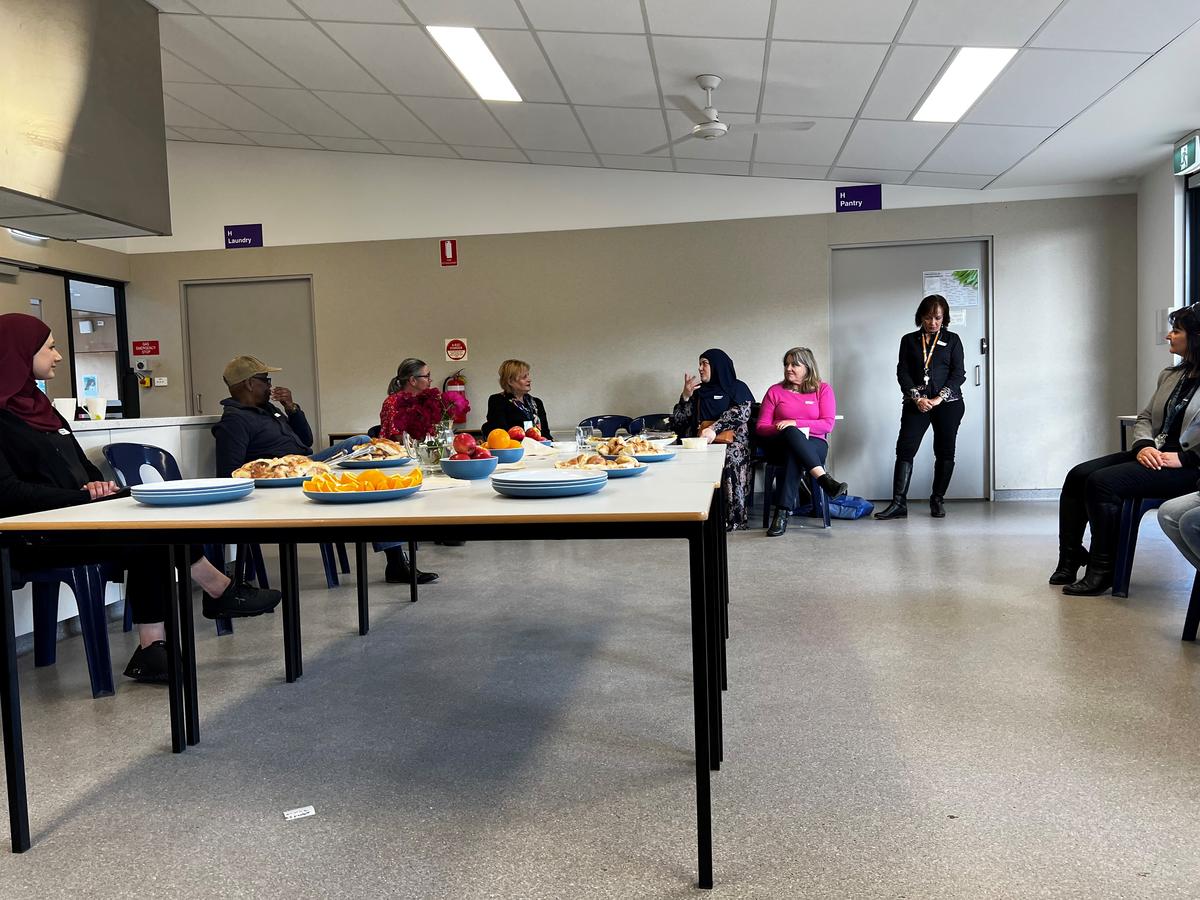




Middle Eastern, Arabic, Turkish and North African students were invited to join a cooking and sports program starting on Monday 30 October during Home Group(in Period 3). This program runs for 5 weeks and is free.
Students are enjoying this ongoing program, cooking middle eastern food,



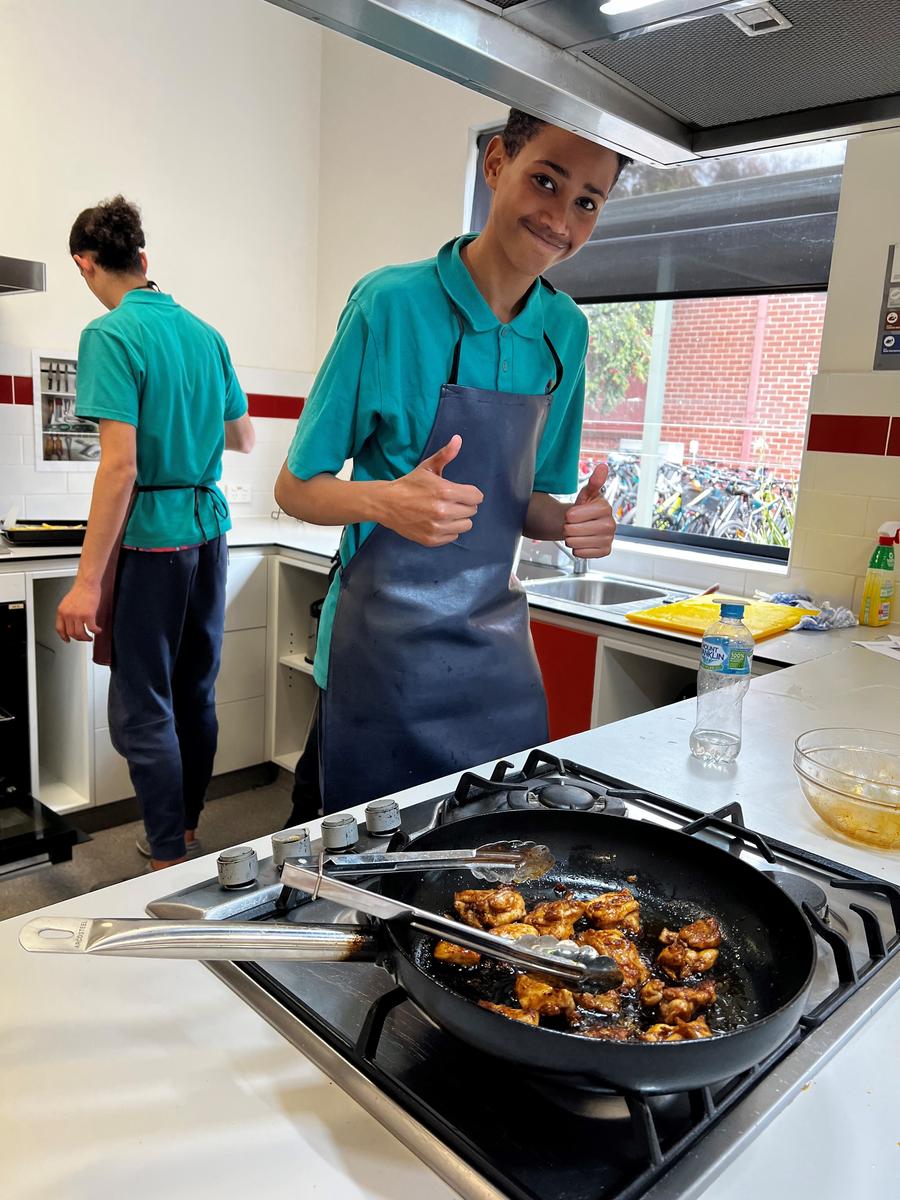






BSC staff participated in 2 hours of professional development on cultural training delivered by Abir and Dina from Arabic Welfare. This helped staff understand the influence and impact of Arabic, Middle Eastern and North African culture on connection and engagement with school and apply this knowledge to our interactions and our teaching practices. We learned a lot, including:


Together For Humanity is a not-for-profit provider of educational services that works with schools to combat prejudice and advance belonging and inclusion.


JCMA delivers education programs for primary and secondary students and professional development for teachers in Victoria. The schools program established in 2007 promotes awareness and understanding of different faiths and cultures and as a registered harm prevention charity JCMA aims to counter racism and discrimination.